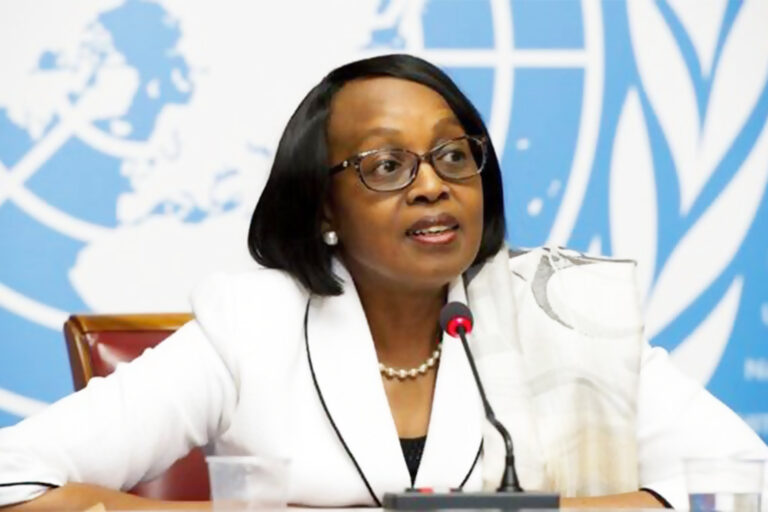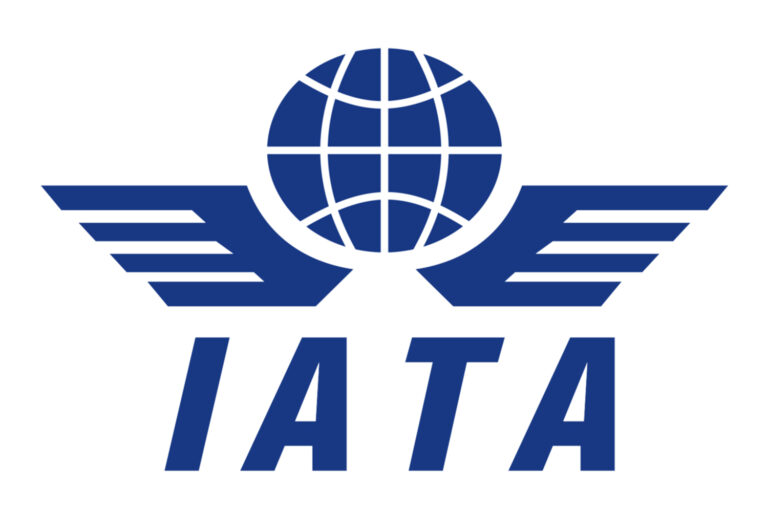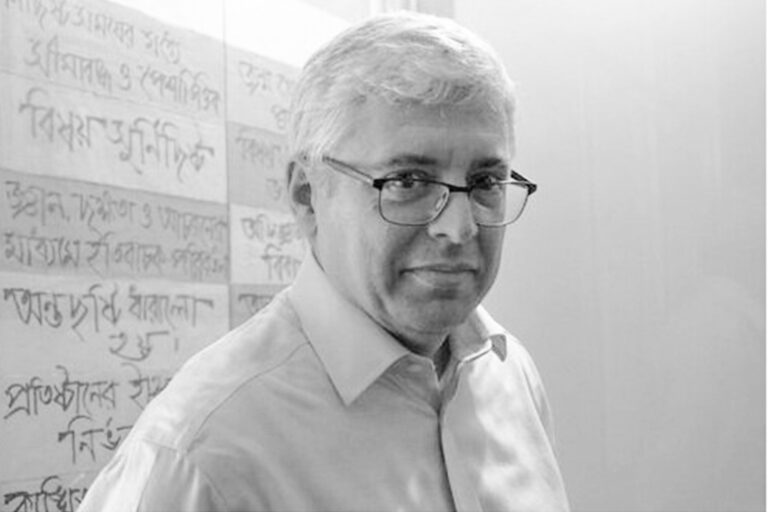Africa’s wild polio-free status to be determined in August
Humanitarian crises, including health emergencies affect men and women differently. As COVID-19 continues to spread in Africa, there are concerns over its impact on women and girls, with vulnerabilities feared to worsen as the pandemic overwhelms health systems.
Although overall in the African Region, women account for around 40% of COVID-19 cases, this ranges from 35% in some countries to over 55% in South Africa.
“We are already seeing that the impact of COVID-19 on women and girls is profound. Women are disproportionately affected by lockdowns and this is resulting in a reduced access to health services,” said Dr Matshidiso Moeti, World Health Organization (WHO) Regional Director for Africa.
As efforts are focused on curbing the spread of COVID-19, essential services such as access to sexual and reproductive health services have been disrupted. According to preliminary data, in Zimbabwe, the number of caesarean sections performed decreased by 42% between January and April 2020 compared with the same period in 2019. The number of live births in health facilities fell by 21%, while new clients on combined birth control pills dropped by 90%. In Burundi, initial statistics show that births with skilled attendants fell to 4749 in April 2020 from 30 826 in April 2019.
Recent analysis published in the Lancet Global Health suggests that a reduction in maternal health services of between just 9.8-18.5% could lead to as many as 12 200 additional maternal deaths over six months in low- and middle-income countries.
The economic hardship due to COVID-19 is also greater for women according to a World Bank report. Informal workers, most of whom are women, account for more than 90% of the labour force in sub-Saharan Africa. Informal sector jobs are particularly at risk during the pandemic.
In addition, women face a higher risk of gender-based violence in the wake of the COVID-19 outbreak. A recent study by UN Women found that reports of violence against women, and particularly domestic violence, have increased in several countries as security, health, and financial worries create tensions and strains accentuated by the cramped and confined living conditions of lockdown.
“We are working with governments and partners to find ways to continue to deliver essential services safely, including the provision of personal protective equipment to health workers, many of whom are nurses and are women,” said Dr Moeti.
The burden of caring for the sick is also largely borne by women. Most health workers in Africa are women. Over the past four months, with the Colleges of Nursing in Africa WHO has provided targeted virtual trainings to over 1000 nurses and midwives. In West Africa, this training has been cascaded sub-nationally using virtual platforms – thus allowing as many nurses as possible to be trained in case management for COVID-19 and infection prevention and control.
WHO works to improve the health of women and girls in Africa by developing guidance on the implications of gender, gender-based violence, and access to sexual and reproductive health.
In a related statement the independent Africa Regional Certification Commission (ARCC), responsible for certifying the eradication of wild poliovirus in the World Health Organization (WHO) African Region, is set to make its final decision about the region’s wild poliovirus status in August 2020.
Following field verification visits over the past year and thorough critical analysis of the documentation of the polio surveillance, immunization and laboratory capacity presented by the governments of Cameroon, Central African Republic, Nigeria and South Sudan, the Commission has validated that the countries’ documentation grants them wild polio-free status.
In August 2019, the African Region became eligible to be certified free of wild poliovirus, after Nigeria, the last wild poliovirus endemic country, recorded no new cases three years – the requisite period – since it last reported cases of wild poliovirus. The commission had already accepted the documentation of the other 43 countries in the region.
“We are satisfied with the documentation that the four countries have presented. We are reviewing updated reports from the other 43 countries in the WHO African Region and we anticipate that by August 2020, we will deliver our final decision on the region’s certification status of wild poliovirus eradication,” said Professor Rose Leke, ARCC Chairperson.
“This achievement by Cameroon, Central African Republic, Nigeria and South Sudan is a major step towards the eradication of wild poliovirus in the African region,” said Dr Matshidiso Moeti. “As the continent struggles with COVID-19, this milestone shows that when leaders, partners, health workers and communities come together we can triumph over the most difficult health challenges.”
If the region is certified in August, it would be the fifth of the six WHO regions to be declared free of wild polio. However, the scale of ongoing circulating vaccine-derived polio outbreaks is a battle the region is striving to win.





